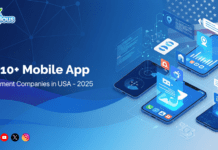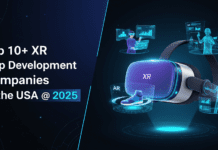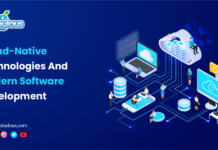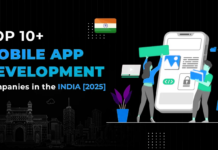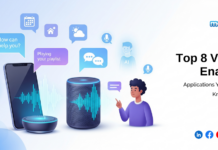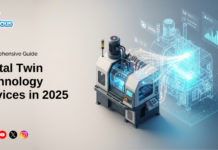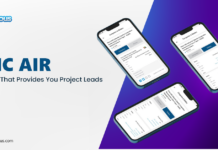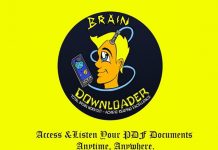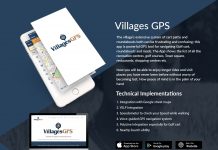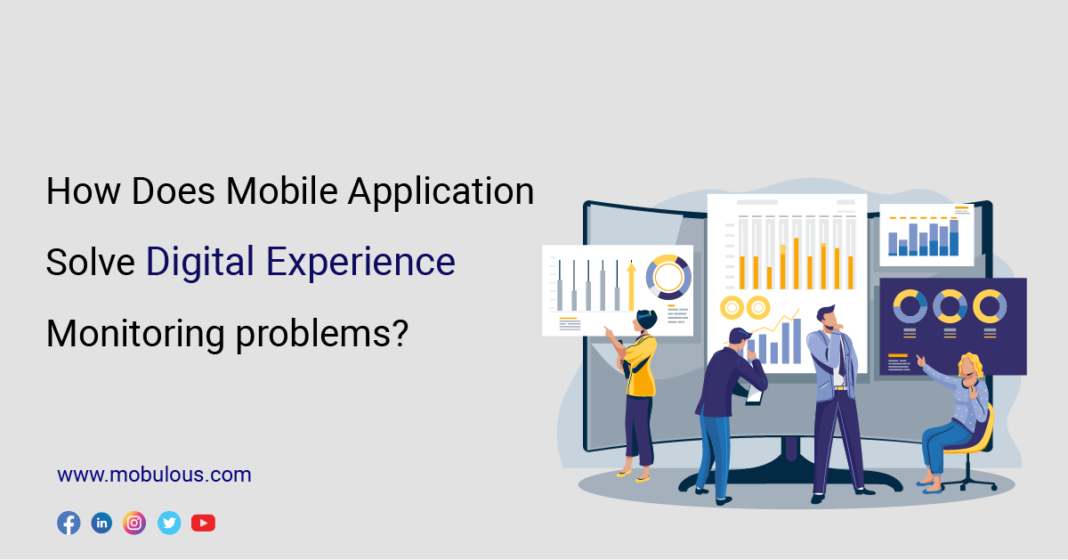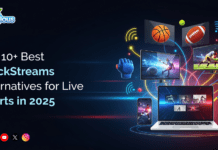With the advancement of technology and unpredictable digital trends, digital marketing is becoming innovative and intuitive every year. This progression of technology provides new opportunities to develop digital touch points to influence potential customers to engage, learn, and even convert into a sale. Users usually interact with businesses several times during a customer journey using different digital touch points. Employees communicate with them through various applications, devices, and services to achieve job obligations and cater to users’ needs. But, when an issue occurs, and users face difficulty resolving those issues, each application, service, and the device can influence the customer experience. To maintain a seamless digital user experience, shape IT strategy, and build better business outcomes, businesses leverage digital experience monitoring tools to address those issues before users see them. So, what exactly is digital experience monitoring is.
What is digital experience monitoring (DEM?)
Let’s face it- Think about every communication you have done with workplace technology. To address the user’s problems immediately, every time, you need to log into your computer, sync up your application, pull up a web browser, open your Gmail account, and then join a video call. All those little encounters have an impact on the user’s digital experience. But what is the overall experience in an organization? What creates problems, slows down users, and reduces productivity? How can IT measure the challenge, track and predict what will affect the end-user experience? And that’s where the digital experience comes into the limelight.
Digital experience monitoring measures customers’ and employees’ experiences with their applications, services, and devices to understand how well users’ interactions with technology affect the quality of their digital experience. Through this, IT gets higher visibility and better insights into how different touch points work for users and how to improve the overall experience. Digital experience monitoring technology enables the IT team to monitor user behavior and application performance data, which helps them solve user concerns quickly and create a unique user experience. This technology analyzes and evaluates how well digital technology meets the user’s needs.
What are the challenges of digital experience monitoring?
This has been seen many times that people are only aware of you when something goes wrong – and at that point, they are rarely full of compliments. Experience is everything to them. However, many factors can be responsible for frustrating user experience, creating problems, slowing down users, and reducing productivity, and may not all of them are within your control. Glitches can result from the user’s device, browser limitations, or a local issue affecting the cloud.
Digital experience monitoring is a technical response to users to solve their queries, and being able to everywhere at once is a challenge. Understanding why an issue arises is the first step to solving it or offering resources to the user. Digital experience monitoring technology can help identify problems and offer solutions. From the digital point of view, the challenges of delivering the best possible performance across a broad spectrum are categorized into three parts.
- Divergent tech
- Network propagation
- Monitoring Conflict
Digitization is transforming not only our world but also the objects within it, including smartphones, smart cars, smart televisions, smart appliances, etc. Artificial intelligence is everywhere; customers expect more from businesses to get a seamless experience. iOS app development Company helps every enterprise to connect, monitor with emerging technologies. So, upgrade your existing application performance monitoring by incorporating digital experience monitoring to prepare for the advancement of technology and create more ease as your business interfaces with its users and expands into additional platforms.

